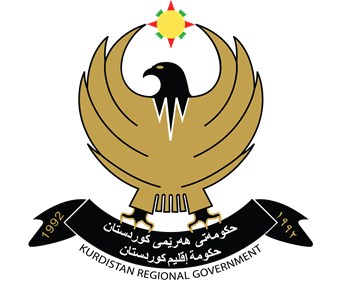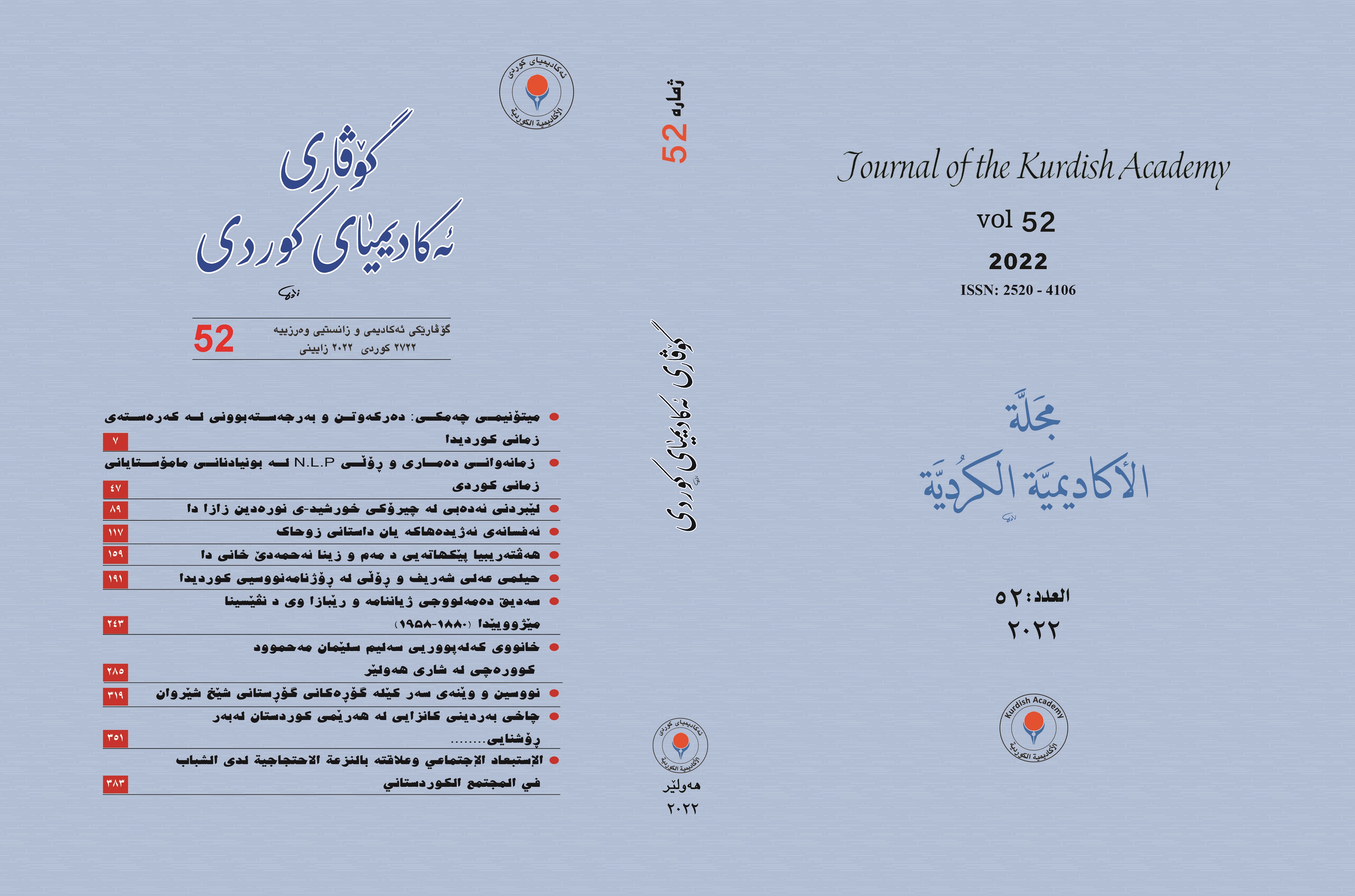الإستبعاد الإجتماعي وعلاقته بالنزعة الاحتجاجية لدى الشباب في المجتمع الكوردستاني
(تحليل سوسيولوجي)
DOI:
https://doi.org/10.56422/ka..52.95Keywords:
social exclusion, marginalization, relative deprivation, protest tendencyAbstract
Over the past three decades, the path of political and social life in the Kurdistan/Iraq region has been characterized specifically by the spread of the phenomenon of continuous and chronic social protests in all sectors and institutions, without developing into a broad and qualified movement: first, to raise the ceiling of demands to the political level, and secondly: the transition from local/sectoral protest to a cross-sectoral protest movement extending over a wider geographical area.
This study aims to analyses the deep factors of this case and to monitor its most important indicators, which have become abnormal to many researchers given the rapid political transformations taking place locally, regionally and even internationally. This analytical study also seeks to provide a strategic systematic vision in a subject that has not yet received much research interest in our Kurdish academic and intellectual circles, namely, the relationship of social exclusion to the protests, although it has been addressed by Western and a few local research centers, through special insights and perceptions, However, it dealt with it in a fragmented way, methodically or sideways, and to a large extent subjective.





